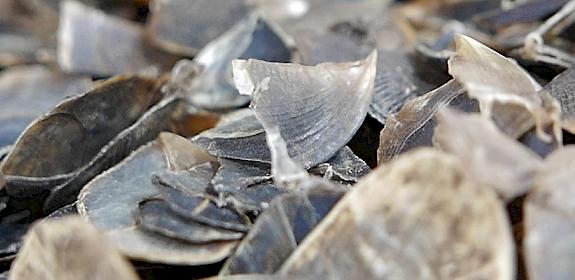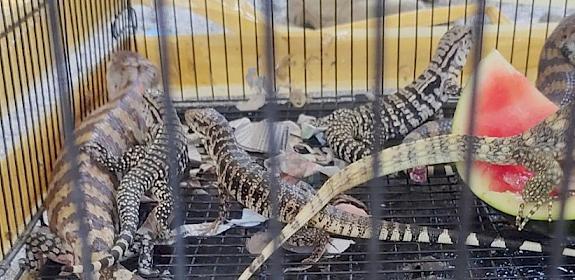
Nile Crocodile Crocodylus niloticus © Karine Aigner / WWF-US
i
Published 01 Tháng một 2008
Captive breeding of selected taxa in Cambodia and Viet Nam
As wildlife populations continue to decline and governments look to poverty alleviation schemes to improve local livelihoods, captive breeding of wild species for commercial purposes is becoming more widespread in Southeast Asia. If a species has a market value, the chances are high that someone, somewhere, is trying to breed it in captivity.
Captive breeding of selected taxa in Cambodia and Viet Nam: A reference manual for farm operators and CITES authorities
Report author(s):
J. Thomson
Publication date:
January 2008



